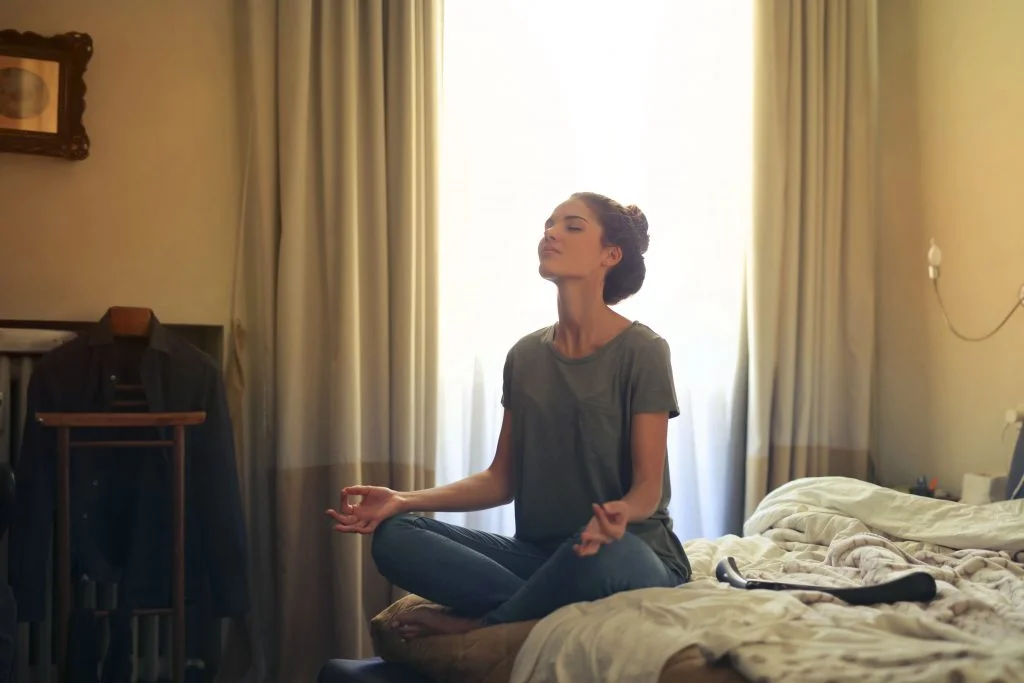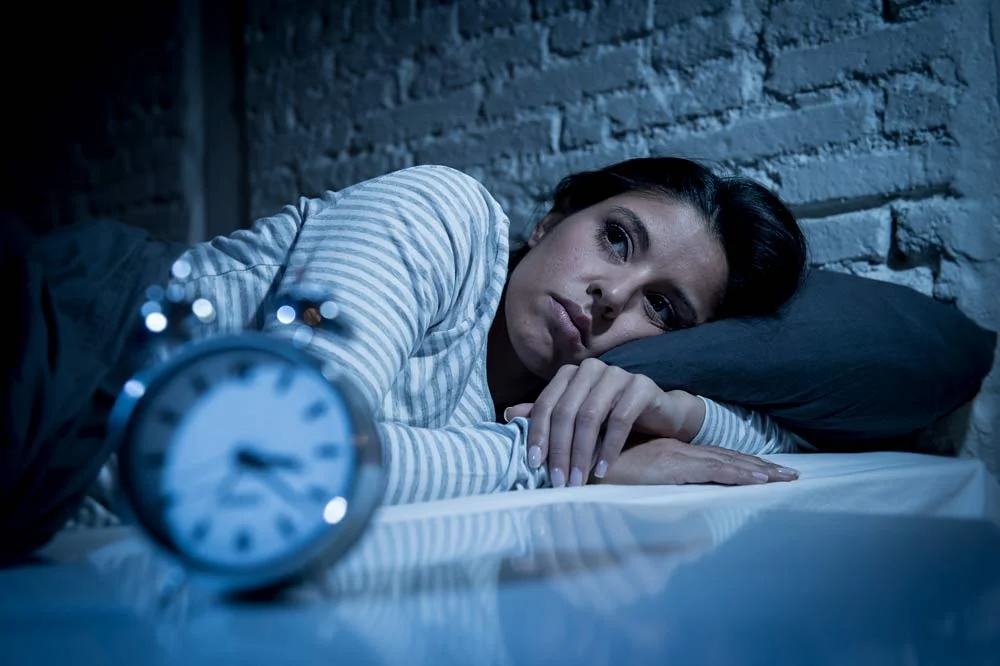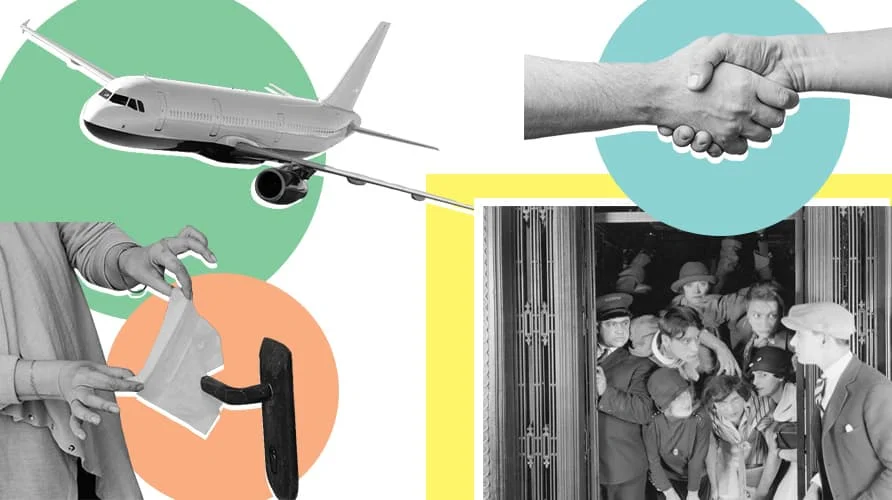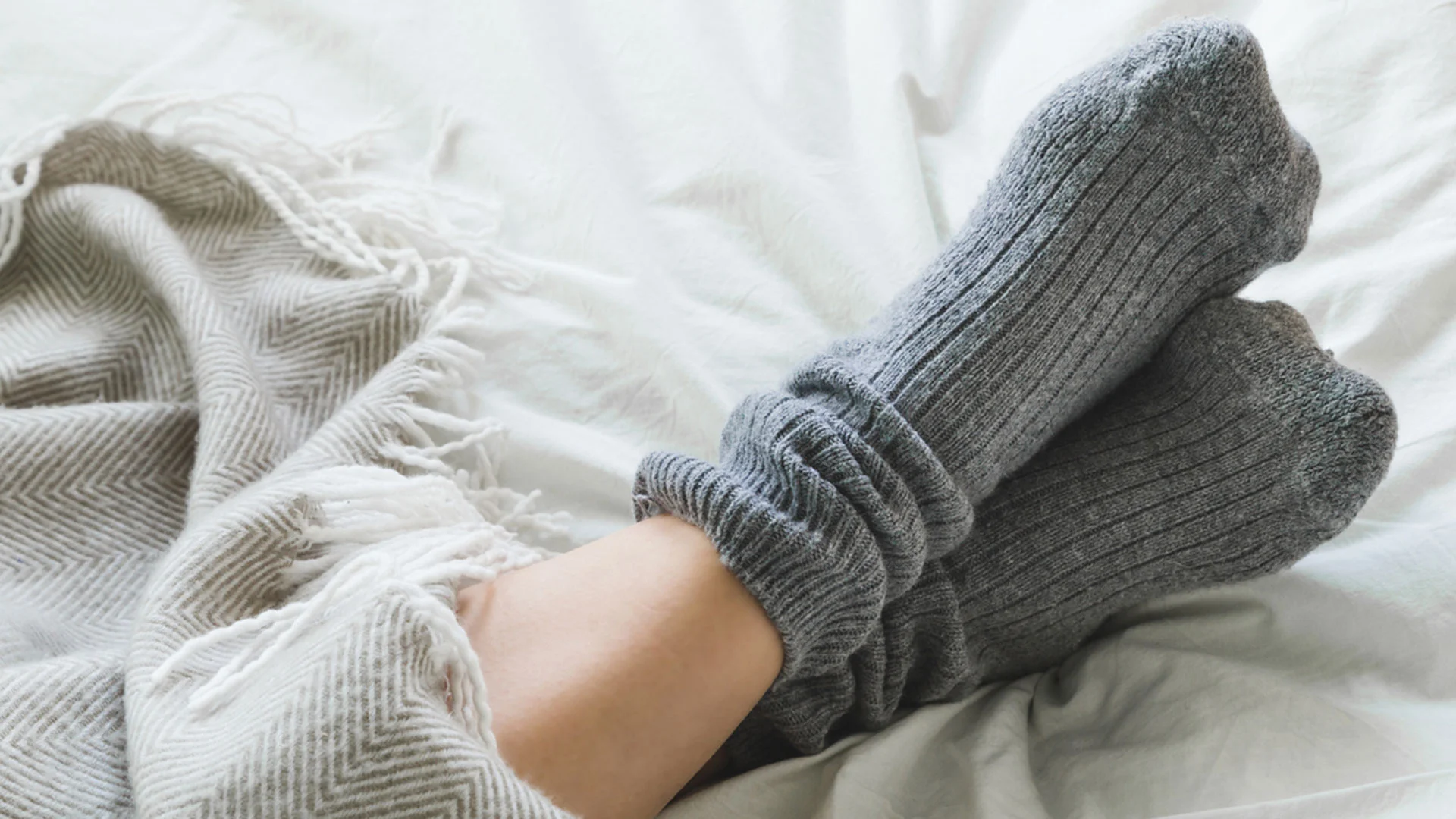
So you can’t sleep — you are in good company. Up to 60 percent of the population has the same issue, though it’s most common to have a sleep condition if you are ill, female, have mental health concerns, or are an older adult. It might seem like you’ve tried everything you can from home, and maybe have even talked to your doctor. From there, you might have been given some medicine to help you sleep. If it worked, you might worry about how long-term you should be on it. If it didn’t, it can feel like you are back to the drawing board where you began.
New research that examined 16 trials reporting on a total of 1885 subjects concluded five major alternative options can be helpful to sleep improvements (1):
- Resistance training: 29 percent improvement
- Yoga: 48 percent improvement
- Cognitive Behavior Therapy: 169 percent improvement
- Music: 142 percent improvement
- Light: 43 percent improvement
People in groups exposed to these interventions had improved sleep scores compared to placebo groups. Researchers concluded that these were the major game changers that had a “positive impact on sleep quality” for those with sleep disturbances. This information couldn’t have come at a better time, according to Dr. David Bilstrom, owner of Autoimmune Functional Medicine in Idaho Falls, Idaho.
“Many pharma-related sleep meds increase sleep quantity… but will actually make sleep quality worse. What is needed is both sleep quality and sleep quantity. The PSQI (Pittsburgh Sleep Quality Index) measures both sleep quality and sleep quantity. Thus, non-pharma-based interventions are much needed,” he says. In addition, he points to three major classes of pharmaceutical-related medications that have been identified as increasing the risk of dementia.
The findings were significant for some non-pharma interventions, and notable for others:
“Cognitive behavioral therapy (CBT), a huge 169 percent improvement. Way more than twice as good as before they started this intervention. Music therapy was also huge at 142 percent,” he says, noting that all of these interventions have one thing in common — impact on stress hormone, cortisol. In addition, he says improving your circadian rhythm helps too.
These interventions aren’t just for those struggling with sleep, but also anyone who wants to have even better sleep. “In our modern super stressful world, just about everyone can benefit from having ‘better’ sleep,” Bilstrom says. He points to an “extreme example” of someone who thinks they are sleeping well, but lives in an apartment that is right next to the elevated train tracks in Chicago. “The trains rumble past every 45 seconds day and night. But, these people will say, ‘I sleep great. The trains never wake me up anymore.’ No, these people are not sleeping great. And, almost no one out there is sleeping great unless they are doing something very specific, like the previously mentioned interventions, to improve their sleep quality and sleep quantity.”
Alternative interventions are the heart of Dr. Patrick Nuzzo, DN, Founder and President of Southwest University of Naprapathic Medicine’s work. He trains doctors at his university in techniques and modalities to offer patients alternative options before offering medicine.
“Racing thoughts disrupt sleep significantly, and mindfulness techniques like meditation, talk therapy, music and art therapy, all are beautiful tools to help calm the mind and enhance sleep patterns. Yoga practice has been proven to significantly help sleep,” he says. He also recommends alternative forms of stress relief like chiropractic, naprapathic, massage, and acupuncture, along with an exercise routine.
So, as you look for help with improving sleep, look beyond the pill bottle, these researchers say.

Common Natural Sleep Aids & Supplements

Types of Insomnia — Causes and Treatments

How Does Anxiety Affect Your Sleep?

Need A New Soothing Hack? ‘Cricket Feet’ Might Help You Fall Asleep At Night
Sources
1. (2023) The effect of non-pharmacological interventions on sleep quality in people with sleep disturbances: A systematic review and a meta-analysis, Chronobiology International, 40:10, 1333-1353, DOI: 10.1080/07420528.2023.2262567
Bilstrom, Dr. David. Author interview. October 2024.
Nuzzo, Dr. Patrick. Author interview. October 2024.

























